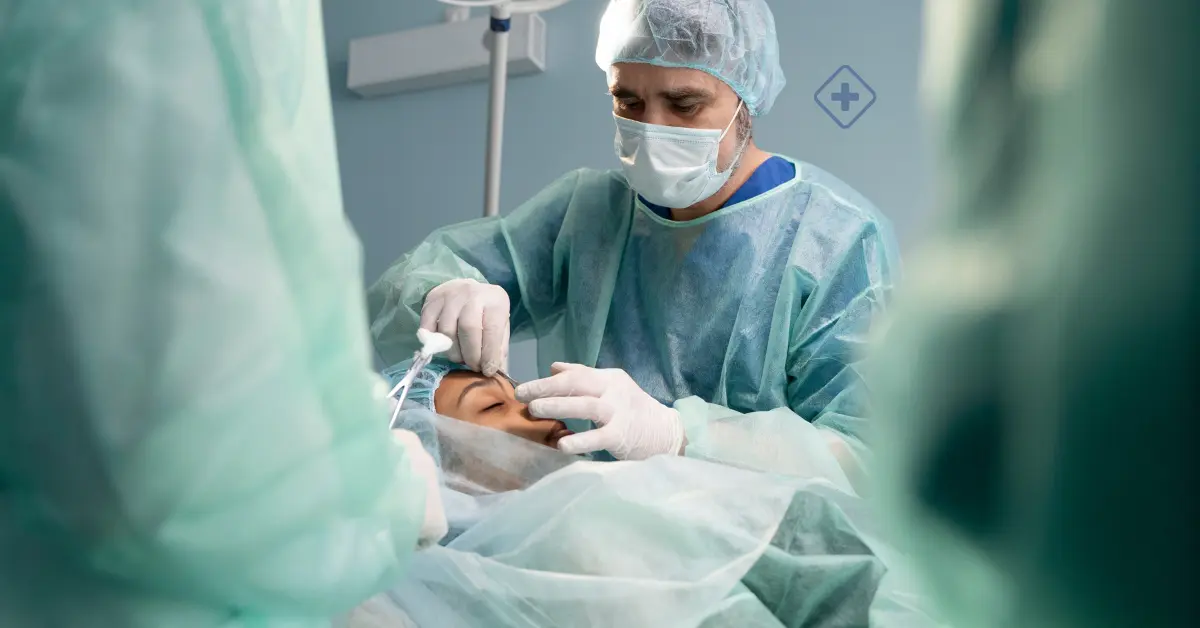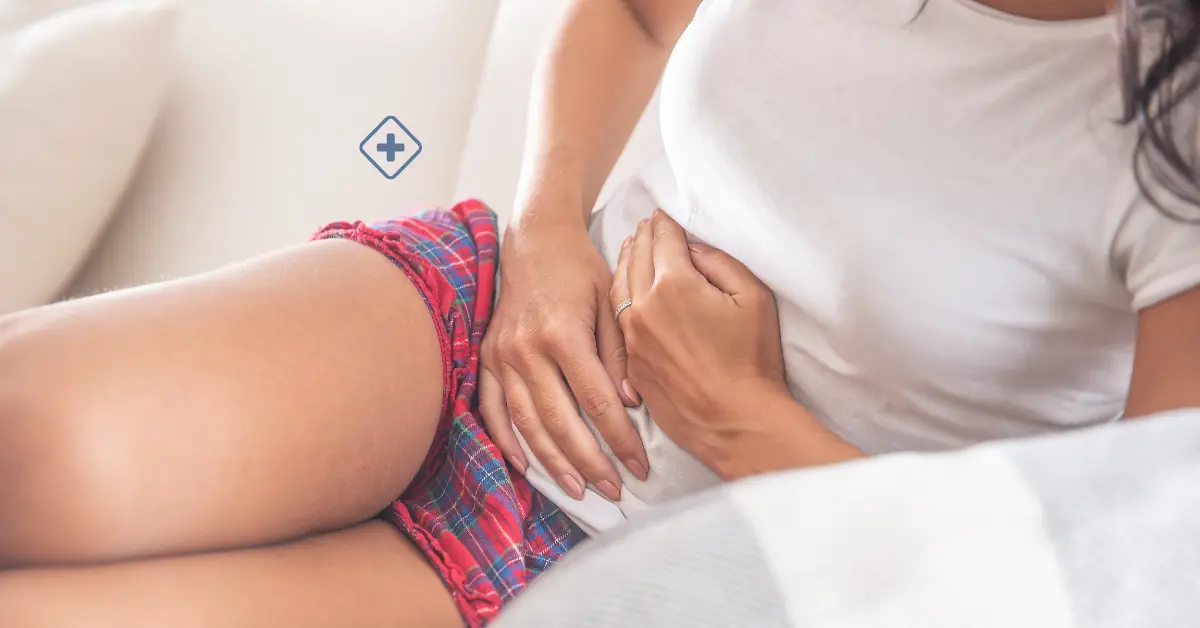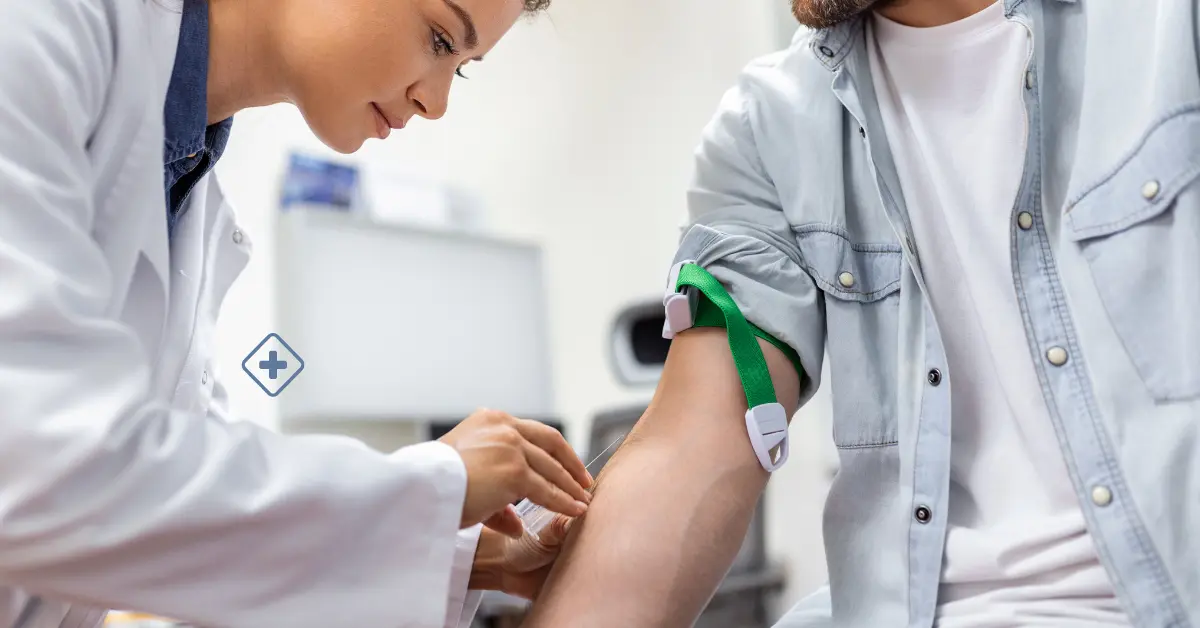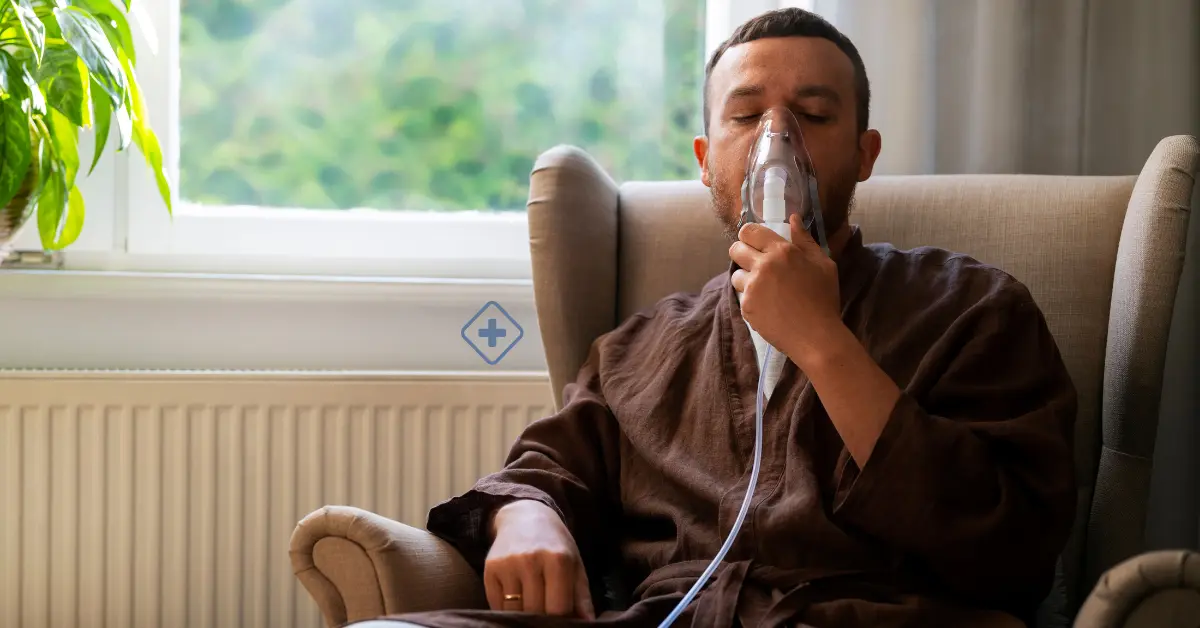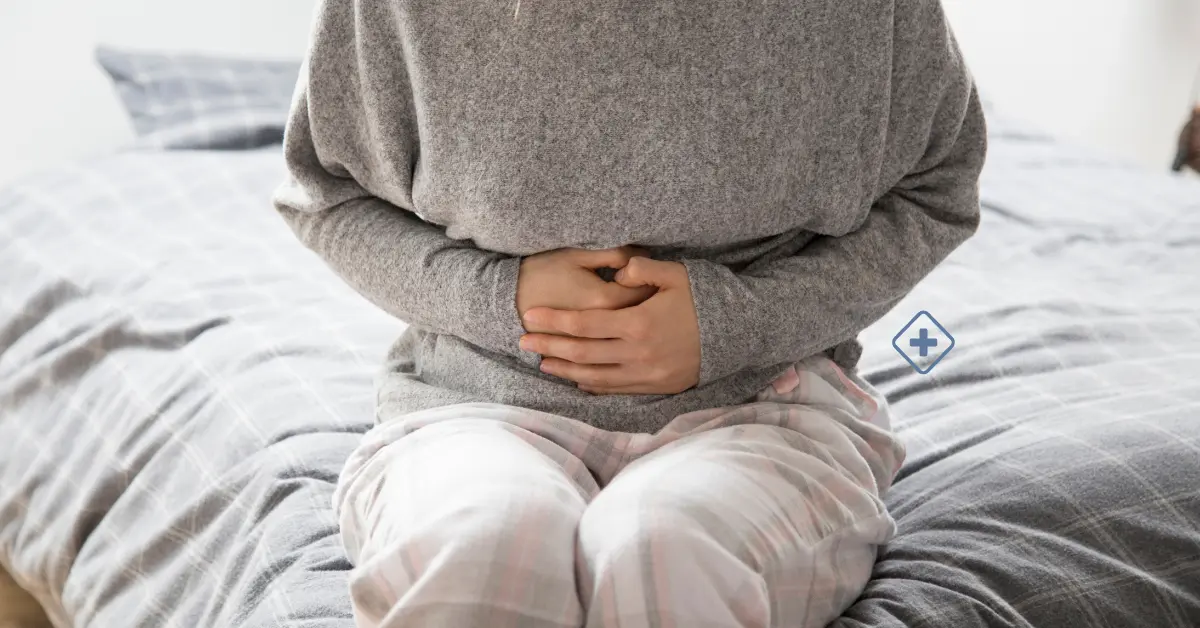
COVID-19 Vaccine: Everything You Need to Know
Accurate information on licensed and recommended COVID-19 vaccines is critical

Now that vaccines exist and are authorized to prevent Coronavirus disease (COVID-19), it is necessary to stay informed about the process, benefits, and possible side effects. It is important to continue taking all preventive measures against the COVID-19 virus.
Benefits of the COVID-19 Vaccine
People who become infected with the COVID-19 virus can have serious health complications, and, in some, it can lead to death. There is currently no way to know how the COVID-19 virus will affect you. If you catch COVID-19, you can pass the disease on to the people you associate with, whether they are your family, friends, or people around you.
Getting vaccinated against the COVID-19 virus can help protect you by creating antibodies in your body without you having to get sick from COVID-19.
The COVID-19 virus vaccine may be able to prevent you from getting the disease. Or, if you do get COVID-19, the vaccine may protect you from developing dangerous symptoms and getting seriously ill.
Getting vaccinated can also help protect the people around you.
Approved COVID-19 Vaccines How Do They Work?
There are several vaccines against the COVID-19 virus that are going through clinical trials for approval.
Vaccines approved in Mexico
The Federal Commission for the Protection against Health Risks has given emergency authorization to use COVID-19 vaccines based on data that must demonstrate that the vaccines are safe and effective.
Pfizer / BioNTech Vaccine
Pfizer / BionTech Vaccine. The efficacy rate is 95% seven days after the second dose. This means that approximately 95% of people who are vaccinated against the COVID-19 virus are protected from becoming seriously ill from the virus. The vaccine is suitable for people 16 years of age and older. Two injections are needed, given at an interval of 21 days.
AstraZeneca COVID-19 Vaccine
The AstraZeneca COVID-19 vaccine against the COVID-19 virus has been authorized for use by COFEPRIS with the support of the Committee for New Molecules. The data show that the vaccine begins to be effective after the first dose. Two injections are required and are given 28 days apart.
Vaccines approved in the United States
The FDA is in charge of reviewing the results of these trials and giving its approval. However, this process can take months or years. Due to the great need for COVID-19 vaccines, the FDA has given emergency authorization to use COVID-19 vaccines based on data that must demonstrate that the vaccines are safe and effective.
Pfizer / BioNTech Vaccine
The Pfizer / BioNTech vaccine against the COVID-19 virus has been cleared for use by the FDA. The data show that the vaccine begins to be effective after the first dose.
The efficacy rate is 95% seven days after the second dose. The vaccine is suitable for people 16 years of age and older. Two injections are required and are given 21 days apart.
Moderna Vaccine
Moderna's vaccine against the COVID-19 virus has been cleared for use by the FDA. The efficiency rate is 94.1%. This vaccine is suitable for people 18 years of age and older. Two injections are needed, given at an interval of 21 days.
The Prizer / BioNTech and Moderna COVID-19 virus vaccines use messenger RNA (mRNA). The coronavirus has a spike-like structure on its surface, called protein S. Messenger RNA vaccines against COVID-19 mRNA instruct cells on making a harmless part of a protein S. After applying the vaccine, cells begin to make the parts of the protein and display them on cell surfaces. Your immune system will detect that the protein should not be there, and it will begin to develop an immune response and make antibodies.
Can I get the COVID-19 virus from the COVID-19 vaccine?
The answer is no. The vaccines the United States is making against the COVID-19 virus do not use the active virus that causes COVID-19.
It is important to keep in mind that it will take a few weeks for your body to develop immunity after you have been vaccinated with the COVID-19 virus. Therefore, it is possible that you could get the COVID-19 virus just before or after being vaccinated.
What side effects could appear with the vaccine against the COVID-19 virus?
Some of the mild side effects that could occur after the first or second dose include:
-
Headache
-
Muscle pain
-
Fatigue
-
Pain, redness, or swelling where the shot was given
-
Joint pain
-
Shaking chills
-
Fever
You will likely be under review within 15 minutes of receiving the COVID-19 vaccine to monitor for any immediate reactions. Side effects generally occur within the first three days after vaccination and usually the last one to two days.
The COVID-19 vaccine can cause side effects similar to the signs and symptoms of COVID-19. If you have been in contact with someone infected with the COVID-19 virus and have symptoms more than three days after being vaccinated, or the symptoms remain for more than two days, you need to isolate yourself and take a diagnostic test.
Recommendations
In case of pain or discomfort, contact your doctor, and make sure you can take over-the-counter medications, such as acetaminophen or ibuprofen.
Following are some tips that can help you soothe pain and discomfort:
-
Move or exercise your arm.
-
Apply a clean, cool, damp cloth to the affected area
-
Drink lots of fluids
-
Wear light clothing
Can I get the COVID-19 vaccine if I have a history of allergic reactions?
If you have a history of severe allergic reactions that are not related to vaccines or injectable medications, you can get the COVID-19 vaccine. You will need to be under supervision for 30 minutes after getting vaccinated.
If you have had a severe allergic reaction to other vaccines or injectable medications, you should ask your doctor if you can get the COVID-19 vaccine.
The Centers for Disease Control and Prevention recommends that the vaccine be given to those who have had an immediate reaction to any component of the COVID-19 virus vaccine and to people who are allergic to polysorbates.
If you have an immediate reaction after giving the first dose of the COVID-19 virus vaccine, skip the second dose.
Can pregnant or breastfeeding women get the COVID-19 virus vaccine?
Mexico
The Mexican government determined that, for now, pregnant women or children will not be vaccinated until there is more evidence of its use in this population.
United States
There is currently no research on the safety of COVID-19 virus vaccines for pregnant or breastfeeding women. If you are pregnant or breastfeeding and are part of a group that is recommended to receive the vaccine against the COVID-19 virus, you may decide to apply it. You must consult with your doctor about the risks and benefits.
Is there anyone who should not get the vaccine against the COVID-19 virus?
There is still no vaccine against the COVID-19 virus for children under the age of 16. Vaccination against the COVID-19 virus may not be recommended for those with certain health conditions. It's important to check with your doctor if you have questions about whether you should get the vaccine.
Should I get the COVID-19 vaccine even if I already had COVID-19?
It is possible that having been infected with COVID-19 perhaps provides some protection or natural immunity against reinfection with the virus that causes COVID-19. However, it is not yet clear how long this protection can last. Re-infecting you is possible, and the COVID-19 virus can cause severe complications to your health. It is recommended that people who have already had the COVID-19 virus get the vaccine against the COVID-19 virus. If you have had the COVID-19 virus, wait until 90 days after your diagnosis to get the vaccine against the COVID-19 virus.
What safety precautions should I take after receiving the COVID-19 vaccine?
The Centers for Disease Control and Prevention recommend following all precautions to avoid infection with the COVID-19 virus:
-
Avoid close contact. (keep a distance of 2 meters) with anyone who is sick or has symptoms. Keep your distance between yourself and others.
-
Wear face masks in public places. Surgical masks can be used if it's available.
-
Maintain good hygiene. Wash your hands frequently with soap and water for at least 20 seconds, or use an alcohol-based hand sanitizer that contains at least 60% alcohol. Cover your mouth and nose with your elbow or a tissue when you cough or sneeze. Avoid touching your eyes, nose, and mouth. Avoid sharing plates, glasses, bedding, and other household items when you are sick. Clean and disinfect contact surfaces daily.
-
Stay home if you are sick. Do not leave home if you are sick unless you are going to receive medical attention. Avoid public transportation, taxis, and carpooling if you are sick.
If you have a chronic illness, you may be at greater risk of becoming seriously ill; ask your doctor about other ways to protect yourself.
BlueNetHospitals - Hospital Los Cabos
BlueNet Hospitals
Trending Topics
Coronavirus (COVID-19)
Trending Topics
Septoplasty
Septoplasty is a highly effective procedure for correcting a deviated septum
Ulcerative Colitis
Ulcerative colitis is an inflammatory bowel disease (IBD) that causes chronic inflammation.
Prostate-Specific Antigen (PSA)
The level of PSA in the blood can provide valuable information about prostate health.
Emphysema
Emphysema symptoms can be subtle at first but tend to worsen over time.
Health Library
Coronavirus (COVID-19)
- ¿Necesitas una cita con un Especialista?
- llámanos
- escríbenos
- Conéctate
